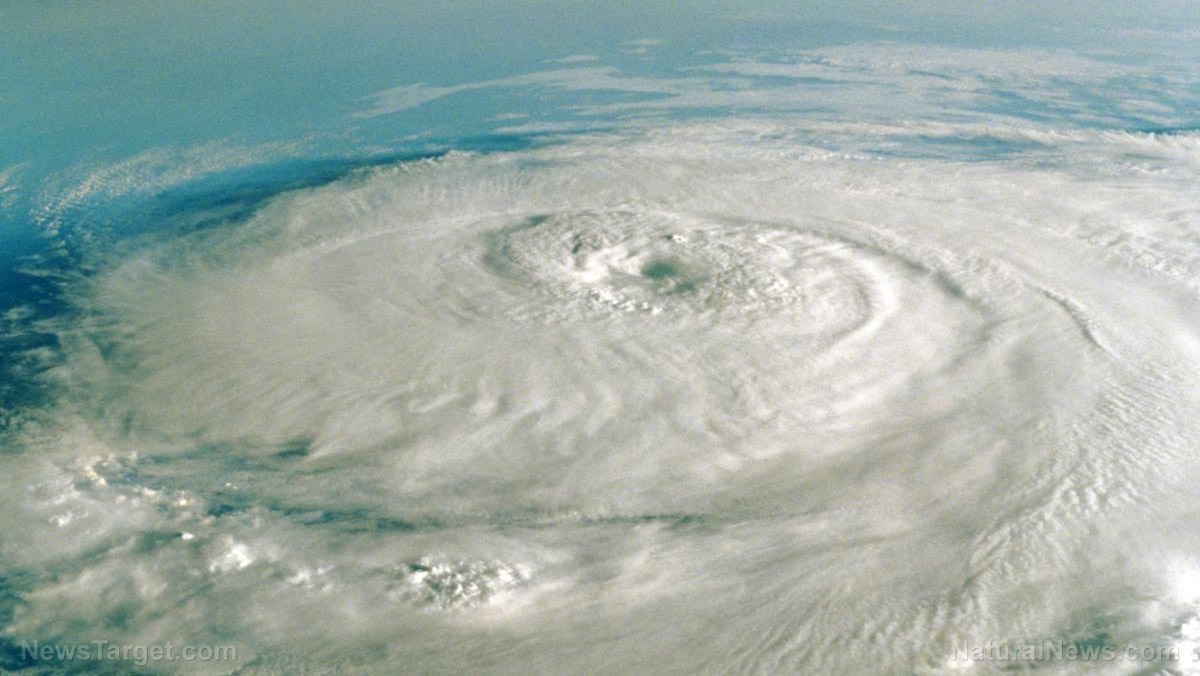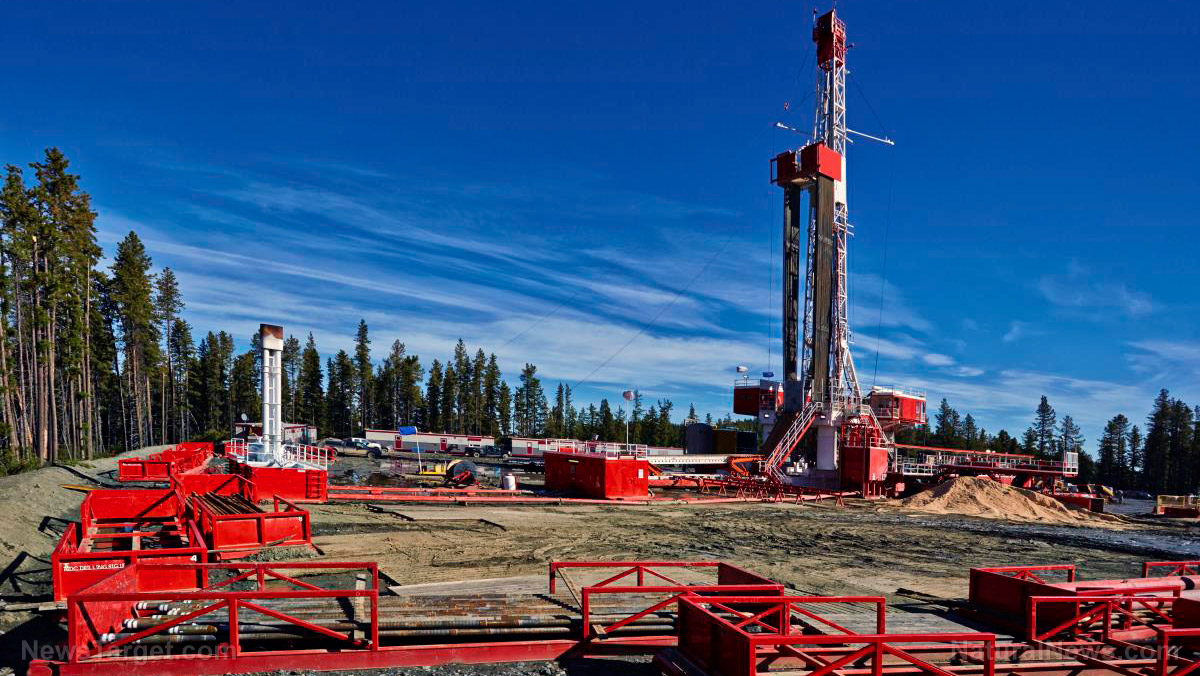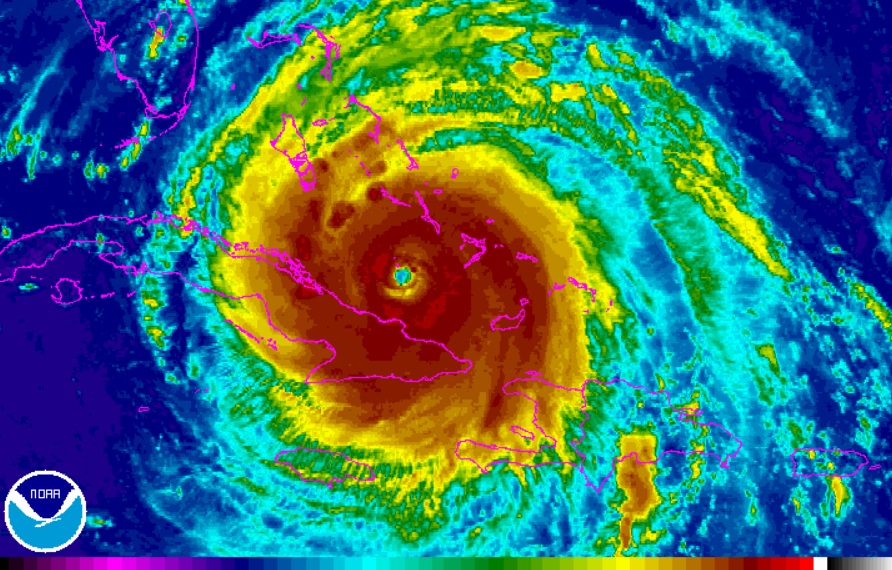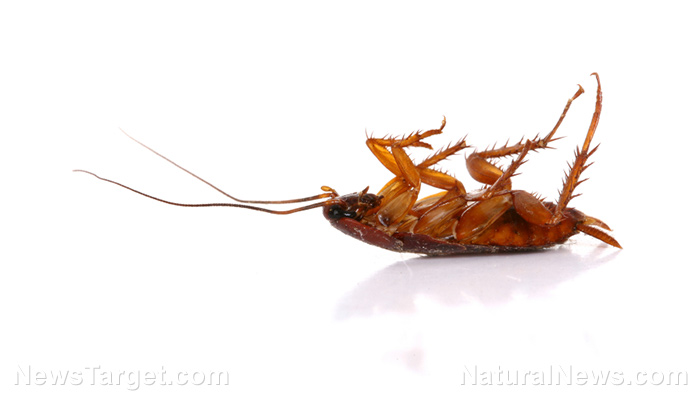Mining the seabed could decimate ecosystems
03/08/2018 / By Janine Acero

A new study looks at the potential damaging impacts of current global plans to mine the ocean floor, including physical destruction of deep-sea ecosystems by mining operations.
- Researchers from the University of Exeter and Greenpeace said that despite the relatively poor knowledge about deep-sea environments, these habitats tend to be sensitive to human-mediated disturbances and may take a long time to recover – possibly decades, centuries, or even millennia, if they can recover at all.
- Seabed mining mainly involves mineral extraction over wide areas of the ocean floor, potentially leaving a vast “footprint” on the deep-sea ecosystems in and around the mineral deposits.
- There is a growing demand for resources such as minerals and metals, including for use in developing new technology, which has sparked a renewed interest in mining the ocean floor. Some operations are already taking place, generally in relatively shallow depths near national coastlines.
- There are many considerations concerning seabed mining, such as legal issues, predicting the scale and extent of impact, as well as monitoring and regulating mining activity once it takes place.
- The researchers have proposed alternatives to seabed mining, including substituting scarce metals with minerals possessing similar properties. They are also looking into more effective recycling components from disused products and wastes.
- The research team believes that cutting overproduction and overconsumption of consumer goods may be the ultimate solution to finally diminish the demand for seabed mining.
The past decade has seen a rising interest in obtaining resources from the ocean floor, and with it comes an increasing initiative to survey, monitor and understand deep-sea ecosystems.
Journal Reference:
Miller KA, Thompson KF, Johnston P, Santillo D. AN OVERVIEW OF SEABED MINING INCLUDING THE CURRENT STATE OF DEVELOPMENT, ENVIRONMENTAL IMPACTS, AND KNOWLEDGE GAPS. Frontiers in Marine Science. 2018;4. DOI: 10.3389/fmars.2017.00418
Submit a correction >>
Tagged Under:
aquatic life, aquatic resources, deep sea mining, deep-sea ecosystems, habitat loss and destruction, marine ecology, marine ecosystems, marine environments, marine habitats, marine life, marine resources, mining, mining operations, ocean floor, seabed mining
This article may contain statements that reflect the opinion of the author





















